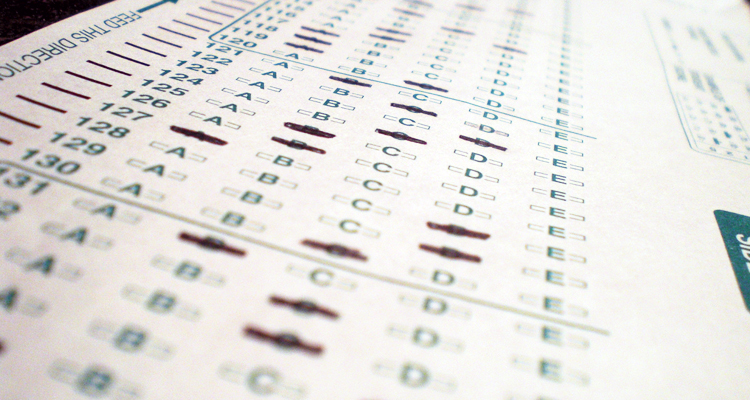Every year, Education Journalist Jay Mathews of the Washington Post publishes his index of the most challenging schools in the nation. His ranking takes the number of college-level exams offered by a given school (the exams for Advanced Placement, International Baccalaureate, and the Advanced International Certificate of Education), and divides it by the overall number of graduates from the school for that year. Such challenge index rankings allow us to measure how well a school steers its students toward rigorous exams, and it’s all the more interesting because it is, in Mathews’ words, “designed to identify schools that have done the best job in persuading average students to take college-level courses and tests.” So, his method is not just focused on elite schools with highly restricted admissions. That’s great.
But there’s a but—and perhaps one that Mathews himself would agree with. As useful as a ranking like this can be, it’s a very rough guide for measuring what’s “challenging.” A challenging exam is not the same as a challenging course, and a challenging course is not the same as a challenging school, and a challenging school is not the same as a challenging education. And it’s this last challenging thing—a challenging education—that we really want to provide for the next generation.
A course that challenges is one that covers the topic and pushes the student onward—it’s never a dead end. Even if it’s a “capstone” course or the final credit in a “terminal degree,” it’s always a step toward the application of its content to some next task. And a challenging school? It’s going to be one that allows courses to cross-reference among themselves and connect with experiences outside of formal schooling; even if that means that for the duration of a unit of curriculum, or a week or two of time, a student is not solely focused on preparing for an upcoming exam. It may be a school that allows challenging courses to be interwoven with other challenges: a field-trip, a study-abroad semester, an internship, a school-work program. A commendable school will offer both: challenging curriculum and stimulating education experiences to prepare students for greater life activities.
And a challenging education? It’s one that allows just as much as it provides. It’s great if the education provides a challenging school, plenty of challenging courses, and all the major challenging exams. But, it’s still not a challenging education unless it allows students to add to their challenges or to invent new challenges prompted by their own talents or the circumstances they encounter in the world around them.
So, let’s bear this in mind when we tally AP or IB or other exams: they provide a rudimentary but incomplete way of measuring challenge. The lives of the next generation won’t be filled with the challenges of exams, courses, or schools. Their lives will be filled with the challenges of life. And that, in the end, is what education has to prepare us for.
Featured Image –timlewisnm / CC by 2.o





































